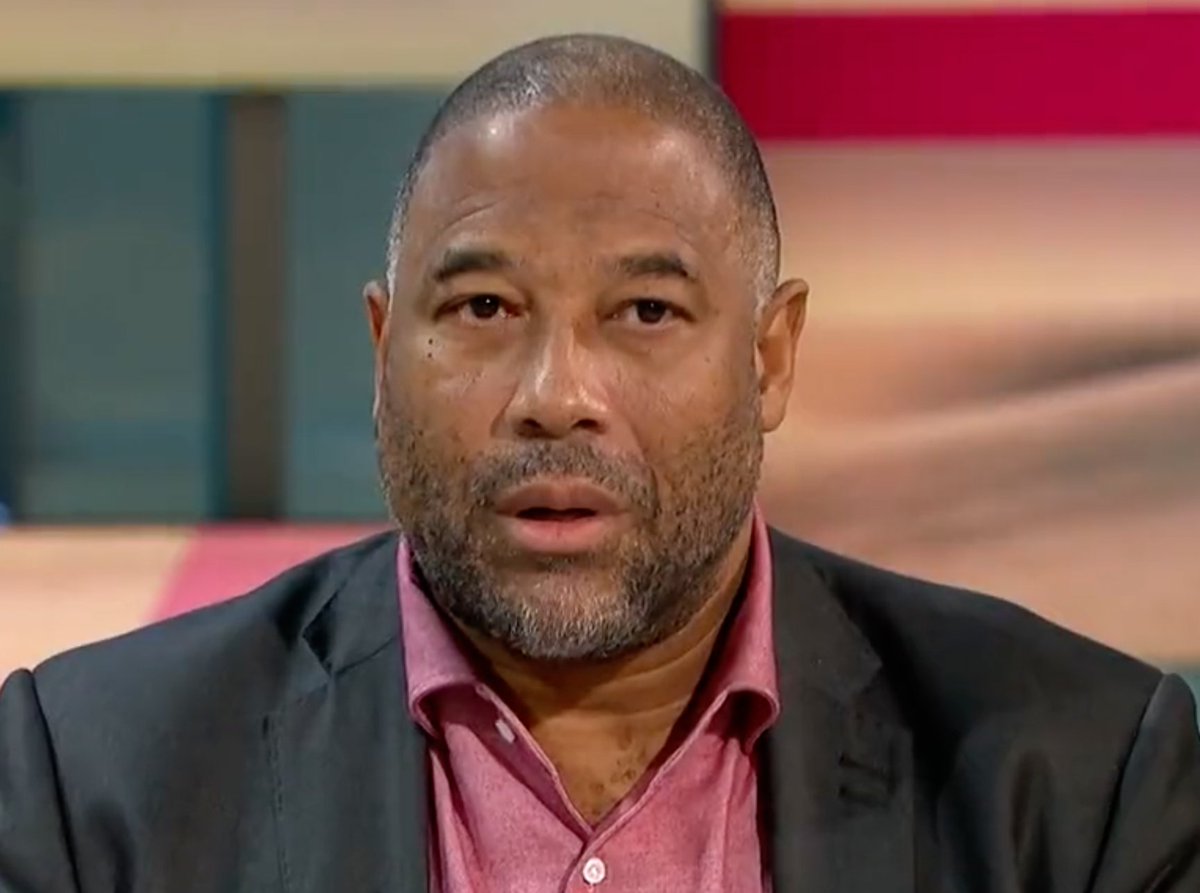Qatar has come under increased international scrutiny on human rights and LGBT issues since winning the right to host the World Cup in 2010.
Former England international John Barnes has slammed critics who have questioned World Cup host Qatar’s treatment of migrant workers and LGBTQ rights, claiming that it is hypocritical for England to criticise Qatar while ignoring its own issues.
“How would we like it if African TV stations, pundits, and journalists came to a World Cup in England and highlighted injustices towards Black people, the lack of Black managers, abuse of Black players, and worse, the treatment of Black people in the inner cities by the authorities?” Barnes, who made 79 appearances for England between 1983-1995, wrote in a column for the Times.
Since gaining the right to host the World Cup back in 2010, Qatar has come under increased international scrutiny on human rights and LGBT issues. However, officials and media analysts have accused Western critics of “double standards” in singling out Qatar for unprecedented criticism, citing reforms and improvements Qatar made to address concerns.
“While discrimination is enshrined in Qatari law, discrimination is also enshrined in British society and culture,” Barnes said.
“Lots of Black people are stopped, searched and detained just because they are Black. Let’s sort ourselves out before we start to lecture and preach to the rest of the world.”
In recent years, Qatar has changed its labour laws, dismantling much of its “kafala” sponsorship system, raising the minimum wage, and establishing an insurance fund to assist migrants who have been cheated out of their wages.
Barnes said that critics should also highlight these changes instead of disregarding Qatar’s ongoing progress.
“While there is still a long way to go, the situation is streets ahead of where they were ten years ago – with improvements in housing, facilities and wages,” he said.
“It’s interesting to observe that some of those who are making a lot of noise now have had little to say about the development of Qatar over the previous 20 years.”
Qatar has also come under fire for its anti-same-sex laws, with homosexuality considered illegal in the conservative Muslim country. However, organisers have repeatedly stated that everyone, regardless of sexual orientation or background, is welcome during the tournament.
England is among the seven European football federations that wanted to wear the “One Love” captain armbands during Qatar World Cup to advocate for LGBT rights. However, the teams abandoned the move after FIFA’s threat of on-field punishment after banning the armbands.
Barnes criticised Qatar’s position on LGBT rights but urged World Cup fans to respect its legal framework, stating that a boycott of the World Cup “would have a far greater impact” than simply wearing an armband in protest.
“Qatar’s treatment of the LGBTQ+ community is harder to reconcile, but we are quick to forget that homosexuality was illegal in our country not so long ago (until 1967), and same-sex marriages were outlawed in our recent history,” he said, adding that Qatar has invited ‘everyone,’ gay or straight, to the World Cup, but they expect ‘everyone’ to respect their ways, laws, and culture.
“The rainbow colours and OneLove armband promote something that is illegal in Qatar, even if we think it shouldn’t be. Visitors to our country would not be allowed to promote something that’s illegal,” Barnes said.
No player has worn the “One Love” armband on pitch, although England’s Harry Kane wore the FIFA-approved “No Discrimination” armband in the match with Iran.







